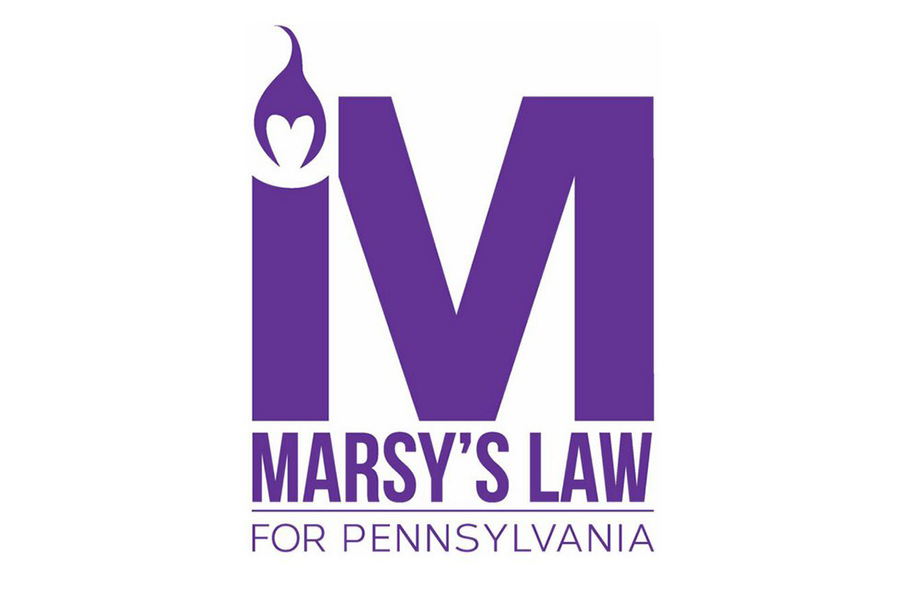The Pennsylvania House of Representatives has approved legislation that would amend the state constitution to include specific protections for crime victims and their families.
The initiative was approved April 8 in a 190-8 vote and is headed for the state Senate Judiciary Committee, where it’s expected to receive a favorable vote. The full Senate is expected to approve the measure before it goes to voters on Nov. 5.
The amendment would enshrine within Pennsylvania’s constitution a “bill of rights” for crime victims, including the right to be notified of all court proceedings; to give input before a plea agreement is finalized; to be heard at sentencing and parole hearings; to receive financial restitution from the offender; and to regain personal belongings when they’re no longer needed as evidence.
Because Marsy’s Law requires a constitutional change, it has to make its way through two legislative sessions and then be approved by voters. Both chambers of the General Assembly unanimously approved the measure in the 2017-18 legislative session, so it could appear on the ballot in November.
However, not everyone is in favor of the legislation.
Elizabeth Randol, legislative director of the ACLU of Pennsylvania, urged voters to reject Marsy’s Law if it appears on the ballot. She said the ACLU is concerned it would infringe on the due-process rights of defendants.
“I would urge everyone in the LGBT community to vote against Marsy’s Law,” Randol told PGN. “It’s going to create more problems than it’s going to solve. There are better ways to help crime victims without messing with our constitution,” she added.
Randol said there are laws already on the books intended to protect victims’ rights in Pennsylvania. If the laws were adequately enforced by authorities, victims would fare better in the criminal-justice system. Instead, the ACLU fully supports increased staffing and funding for victim services to help ensure the proper implementation of existing laws, said Randol.
Jennifer Riley, campaign director for Marsy’s Law for PA, said 11 states have adopted the law: California, Illinois, North Dakota, South Dakota, Ohio, Oklahoma, Florida, Kentucky, Nevada, Georgia and North Carolina.
“Crime victims are celebrating Marsy’s Law in these states,” Riley told PGN. “It’s truly a remarkable opportunity for empowerment of crime victims and we’re really proud of that. It’s gratifying that the General Assembly values crime-victims’ rights as much as they do.”
Riley also noted that Pennsylvania’s version of Marsy’s Law has the support of numerous organizations, including the Pennsylvania Board of Probation and Parole, the Pennsylvania State Police, the Pennsylvania District Attorneys’ Association and Philadelphia City Council.
Marsy’s Law gets its name from a California woman who was stalked and killed by her ex-boyfriend in 1983. Shortly after Marsy Nicholas’ death, her mother encountered the killer in a grocery store, unaware that he had been released on bail.
Marsy’s brother, Henry Nicholas, is the primary funder of the Marsy’s Law for All campaign.
Philadelphia City Councilmember Blondell Reynolds Brown, an emphatic supporter of Marsy’s Law, said the measure will help crime victims from all segments of society, regardless of status.
“Crime victims deserve to be treated with respect, and to have their voices heard throughout every step of the process,” Reynolds Brown said in an emailed statement. “Marsy’s Law will help bridge the gap between the rights of the accused and the rights of the victim. It safeguards all citizens regardless of the community they identify with. It does not discriminate.”

